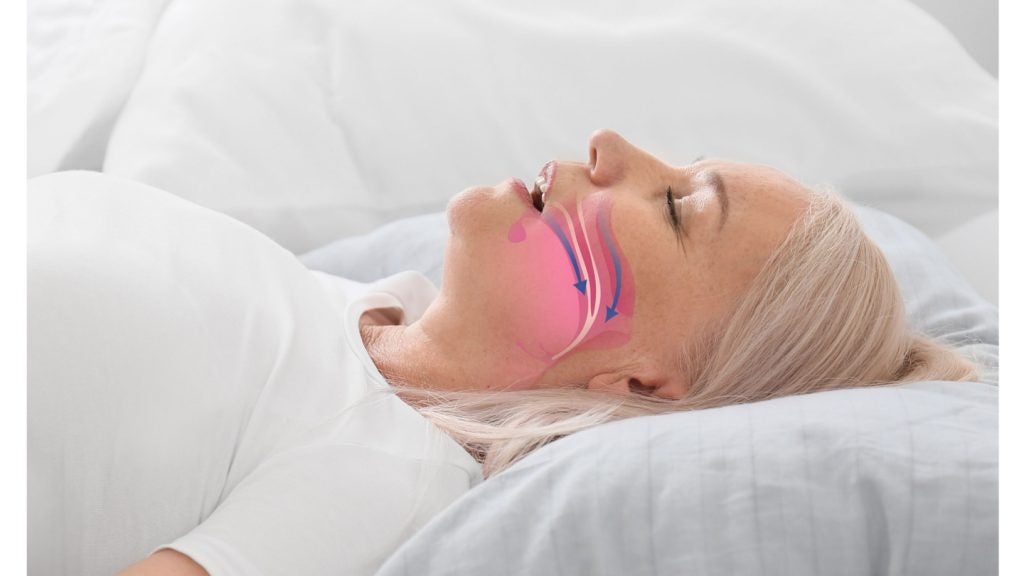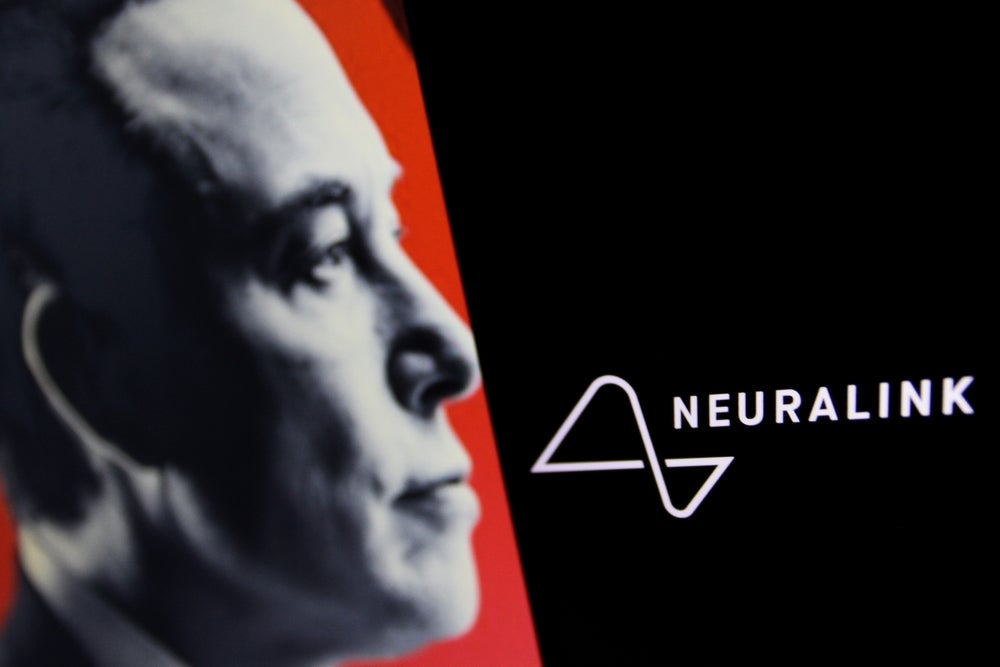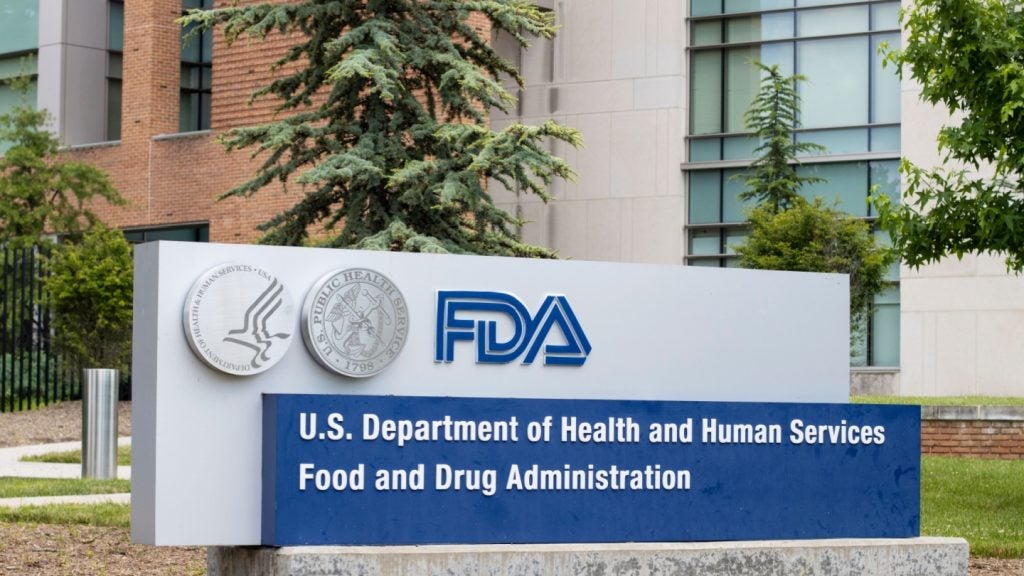Fluid Biomed has completed a $27m Series A equity financing round to advance the development of its stent for treating brain aneurysms.
The Canada-based company claims the ReSolv stent is the world’s first polymer-based stent for brain aneurysms. Unlike traditional metal stents, the flow-diverting stent naturally absorbs into the body once healing is complete, meaning patients will potentially be saved from a lifetime regimen of blood thinners to prevent the formation of blood clots following treatment.
The Brain Aneurysm Foundation estimates that 6.8 million people in the US have an unruptured brain aneurysm and that around 30,000 people in the country suffer a brain aneurysm rupture each year, often resulting in disability or death.
Fluid Biomed believes that its technology could be applied to the future treatment of other blood vessel conditions in the body.
Led by Amplitude Ventures, the oversubscribed funding round also included participation from new investors, including IAG Capital Partners and LifeArc Ventures and returning investors ShangBay Capital and METIS Innovative.
The ReSolv stent was developed by Fluid Biomed co-founder and CEO Dr John Wong and the company’s co-founder and chief technology officer, Dr Alim Mitha, both of whom are neurosurgeons at the University of Calgary.
Wong commented: “Our exclusive technology has attracted the attention of international investors of the highest calibre with the depth and breadth of expertise to accelerate company evolution and make its medical devices available sooner to physicians and patients.”
Dr Mitha said: “This additional strategic and financial capital will enable larger clinical trials as well as broaden our product pipeline. Empowered with greater resources, Fluid Biomed is well positioned to create the next generation of stents to heal those afflicted with brain aneurysms around the world.”
Fluid Biomed previously completed a $4.7m funding round in 2021.
According to GlobalData analysis, the global flow diversion stent subsection of the neurology device market was valued at $323.4m last year and is forecast to reach a valuation of $433.3m by 2033.
In other stent news, Abbott recently presented positive long-term data for its Esprit below-the-knee (BTK) stent in treating the most severe form of peripheral artery disease (PAD), finding that around 90% of patients with the stent did not require a reintervention at 24 months.















